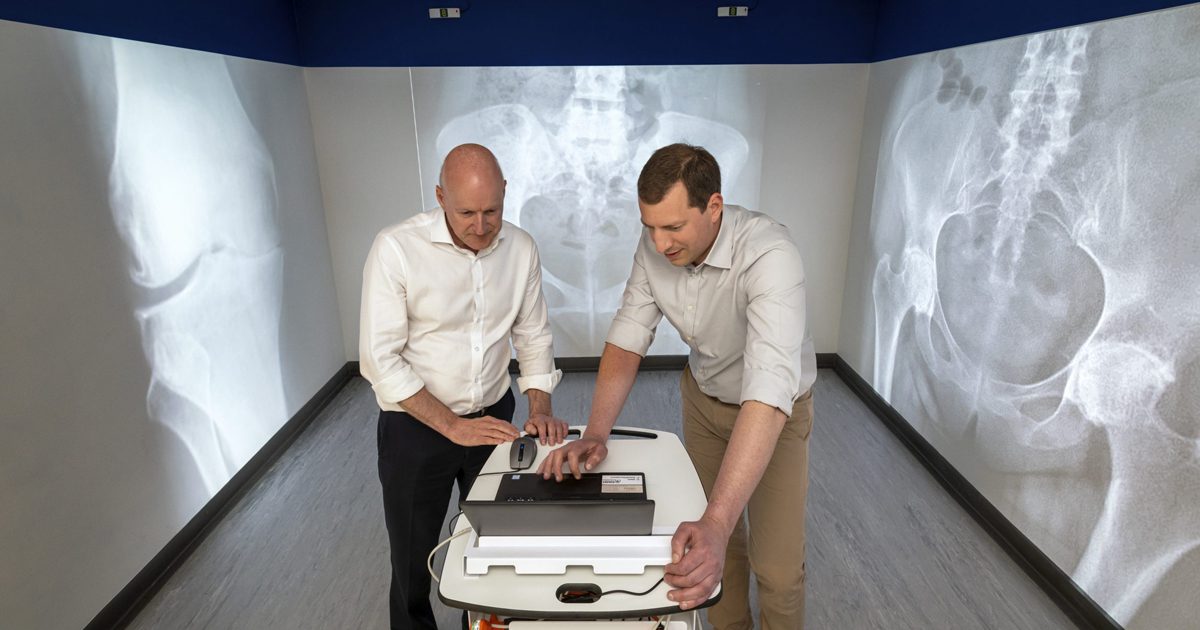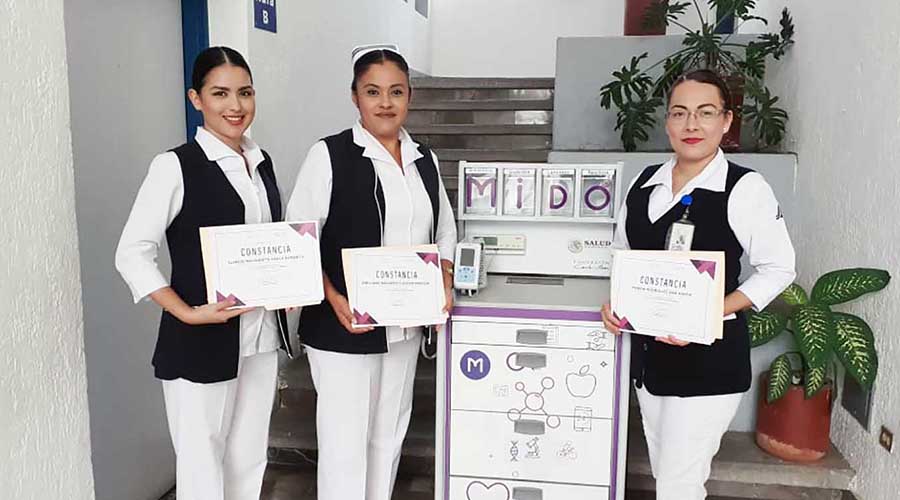Two surgeons from the UK National Health Service (NHS) use the Azure AI tool to detect patients at risk in surgeries.
Due to the COVID-19 pandemic, the NHS suffered serious failures in the immediate care of patients. The shortage of personnel and the suspension of activities in various departments caused that, in May 2020, 2.3 million people were added to the waiting list for treatment.
Faced with this problem, the NHS began to invest in Artificial Intelligence (AI), to address the delay in medical care. In this way, thanks to an investment of 44 billion dollars, the United Kingdom has begun to adopt AI to implement virtual rooms and surgical centers that work through this technology.
In addition to reducing waiting times, AI applied to the NHS seeks to support the recommendations of medical teams, to provide higher quality information to patients and make better decisions.
Orthopedic surgeons Justin Green and Mike Reed created an AI model that helps specialists provide their patients with a personalized risk assessment for hip or knee operations. I hope this technology will give me a better indication of what was going to happen to those people,” explains Reed.

The AI model used is hosted in the cloud and uses Microsoft's Azure services. Through this panel, doctors can learn why the AI reaches the conclusion shown.
Reed and Green use AI to analyze and predict results and the risk of hip or knee surgery. However, specialists accept that it can not only be applied in orthopedics, since its model can be transferred to other types of surgeries.
“We have already had interest from several organizations. An NHS trust wants to run a pilot because one of its hospitals has 10,000 people on its waiting list. They want to know if they can offer surgery in a smaller hospital to people at low risk of complications, such as strokes and heart attacks. At the moment, those patients may have to wait a long time to be available at a larger hospital,” explains Reed.
Thanks to the AI model, data such as age, blood parameters, BMI, medical history, can be used to the full, since through them it can show the prediction of a surgical intervention.
On the other hand, Sarah Bird, product manager at Microsoft, explains that "the responsible AI dashboard brings together a lot of tools and that's really useful for an industry like healthcare, which has to make sure there's no significant errors in its AI model and why it makes a particular decision,” he says. “The tools allow teams to govern their AI more effectively and help them use it responsibly.”






